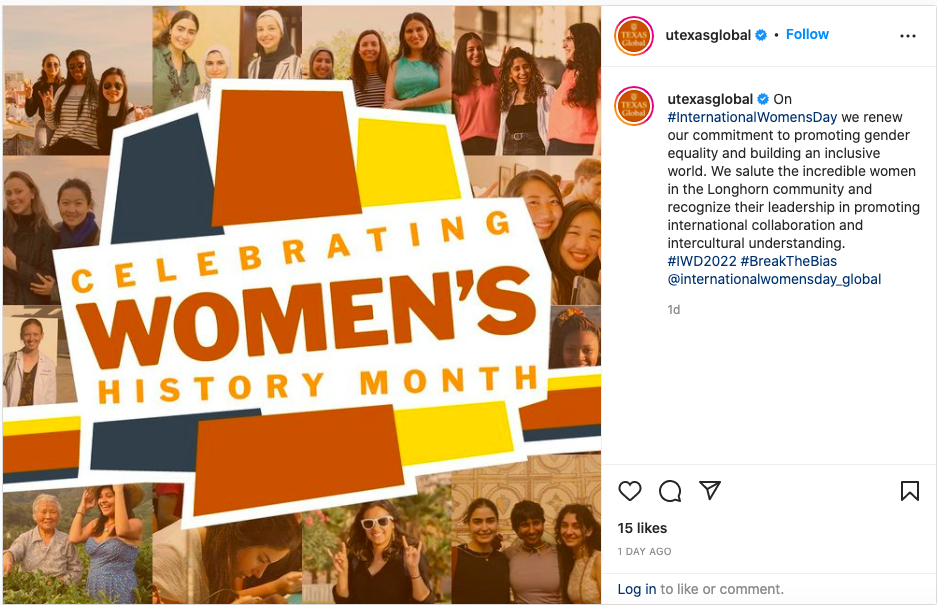As university students overwhelmed by the environmental crisis, we can look to faculty members for guidance on concrete steps and solutions. This post discusses how our PAGL project showed us the value of faculty mentorship.
When I think about the numerous challenges that our generation faces, I find the environmental crisis to be one of the most daunting, terrifying, and nearly paralyzing obstacles we must collectively address. And, after my conversations with fellow students about climate change, the environment, and sustainability (which you can read more about in a forthcoming blog post), I feel confident saying that a vast majority of young adults are also overwhelmed by the prospect of impending environmental doom. This does not surprise me considering the sheer scale of the issue, paired with the “dire warnings”, and “code reds,” and “tipping points” that are constantly announced by experts. In many ways, the very information that is meant to spur us into action has instead led to anxieties that at times feel unconquerable.
As UT students, however, we have access to experts with extensive knowledge on the very issue that overwhelms us. Throughout the numerous departments in the various colleges, there are professors and researchers highly specialized in relevant topics spanning from conservation to environmental ethics to climate change. Faculty members, along with other entities like the Office of Sustainability, can prove to be some of the best resources for students to become empowered to face the environmental challenges through innovative and concrete methods.
When our team first started working together, we were four undergraduates with a vague idea to address climate change and environmental sustainability in the Middle East and North Africa. Motivated by similarities in climate and natural resources between Texas and Jordan and our interest in exploring student-led, cross-cultural advances in environmental sustainability, we set out on our PAGL journey. Of course, our extremely broad idea needed focus. As we sifted through the faculty catalog, we were able to compile a list of professors who could expand our project vision and improve our ability to carry out goals according to their regional and topical expertise. After meeting with several prospective faculty mentors, we were fortunate to have Dr. David Eaton, Dr. Jayme Walenta, and Dr. Lucy Atkinson join our team — each of whom brought a particular skill-set and experiences that would ultimately shape our end results.
Dr. David Eaton served as our Faculty Leader. Dr. Eaton is a Bess Harris Jones Centennial Professor of Natural Resource Policy Studies at UT’s Lyndon B. Johnson School of Public Affairs. Before our project, he had taught as a Visiting Professor in Jordan and regularly sent students to Jordan for field study. He had also evaluated UT-Austin’s sustainability programs and regularly involved his students in surveys/focus groups and digital documentaries. The combination of these experiences, along with his involvement with and leadership in countless other projects, made Dr. Eaton the perfect faculty point person for our team. Throughout the course of the proposal writing and pitching, the pre-travel preparations, and the in-country adventures, Dr. Eaton guided our team with attention, care, and patience.
Dr. Jayme Walenta was one of our two other faculty mentors. A Lecturer on Sustainability Studies in the Department of Geography & the Environment, Dr. Walenta brought expertise essential to our project theory and execution. As a member of UT’s Green Fund Selection Board, she was able to teach us on the best practices on the creation and administration of Green Funds. Considering the establishment of the Green Innovation Fund (GIF) at the University of Jordan was one of our core objectives, Dr. Walenta’s insight was crucial to our project’s success. In our conversations with our team in Jordan and while we were in Jordan, Dr. Walenta provided tips to our Jordanian counterparts on what needs to achieved in order for their newly founded GIF to be successful and sustainable. Moreover, in constructing our focus group study, Dr. Walenta helped us identify questions that would produce the most useful data through conversations with students. Finally, Dr. Walenta planned and presented at our international Sustainability Symposium where we hosted speakers from UT Austin and the University of Jordan to speak on two topics, campus sustainability strategies and educating on sustainability. Given her pedagogical skills, Dr. Walenta shared her strategies for teaching students on the ever-present and sometimes overwhelming issues of environmental sustainability. Her presentation produced useful conversation with Jordanian faculty, staff, and students, thus achieving our vision for the Symposium.
Lastly, Dr. Lucy Atkinson, an Associate Professor from the Stan Richards School of Advertising & Public Relations, served as our third faculty member. An expert in climate change communication and attitudes, Dr. Atkinson helped us shape our overall vision for the project. She was instrumental in highlighting the best ways we could discuss the various elements of our project, helping us gather our thoughts into concrete action plans. Serving as the Principal Investigator for our Sustainability Attitudes and Behavior survey and focus groups, Dr. Atkinson oversaw our research and showed us the ropes of the technical aspects of academic research, including managing an Institutional Review Board application, planning effective research, and recruiting research participants. Although Dr. Atkinson was unable to travel to Jordan with us, her mentorship was crucial nonetheless.




